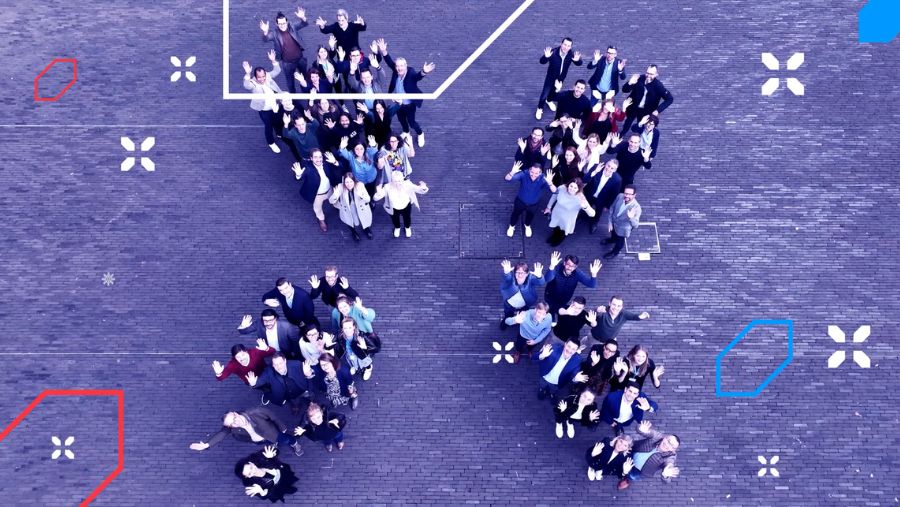


LTIO Tel Aviv has a two-fold mission:
The LTIO Tel Aviv executive team has in-depth knowledge of both the Luxembourg and Israeli markets, coupled with extensive networks to support your business needs.
Israeli companies aiming to enter the European market through Luxembourg can benefit from the following personalised services:
For Luxembourg-based companies looking to explore opportunities in the Israeli market, we offer:
Contact facilitation with potential business partners

MR ITAI HORSTOCK Executive Director itai.h@ltio.co.il +972 3 6225444 | MRS DAPHNA BRUNSHTEIN-FRUCHT Senior Trade and Investment Advisor daphna@Itio.co.il +972 3 6225444 |
Luxembourg Trade and Investment Office Tel Aviv
113, Hashmonaim Street | 6713324 Tel Aviv
+972 36 22 54 44